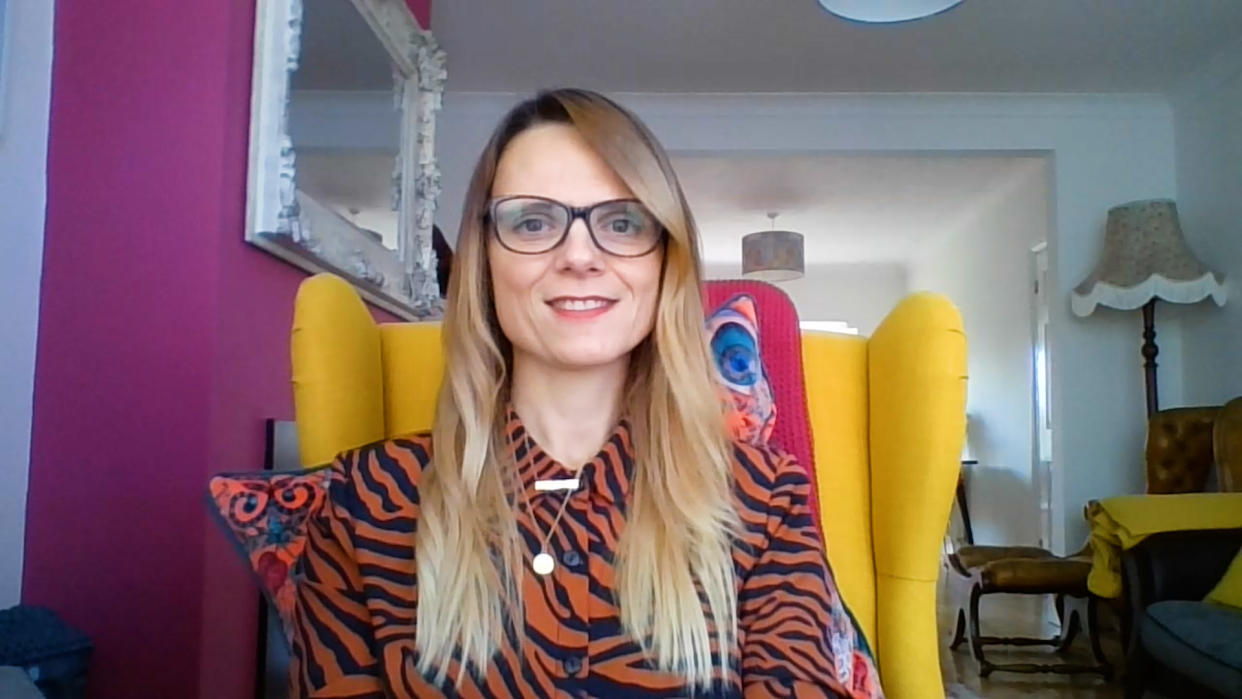Sex and Disability: 'It’s a human right to have a one-night stand'

Sex and relationships can be a minefield for us all, whether it’s finding the right partner, choosing the contraception that works for you, or getting over insecurities in the bedroom.
We all go through this but what are these common human experiences like for disabled people?
According to the Office for National Statistics, 13.3% of disabled people report feeling lonely often or always – almost four times more than non-disabled people (3.4%).
Despite this, disabled people often feel invisible when it comes to the discussion and representation of sex.
A common misconception is that people with physical disabilities are not sexual or cannot have intercourse.
Watch: Sex and disability – the real-life experiences of a wheelchair user
Kelly Gordan - an entrepreneur, consultant, mum and wheelchair user - believes sex education in schools needs to be improved to enable young people to learn about sex and relationships in a more meaningful, and less exclusionary, way.
“When I was younger any awareness or anything in mainstream media about disability and sex would’ve made me feel so much better,” she said.
“There’s barely any mention of sex in sex education and there’s certainly no mention of disability in sex education in schools, and that needs to be worked on.”
Gordan says internalised ableism - when disabled people partially or fully believe and reinforce discriminatory views about themselves and their disabilities - prevented her from feeling confident when she was younger.
She is still often asked by people whether or not they should disclose their disability on their dating profiles.
“When I was really young I did think ‘if somebody sees me in a chair or knows I’m a wheelchair user they’re not going to find me attractive’.
“It was a long journey to get to where I’m at and now I always put my picture [on apps and social media] as me in my chair, no questions asked. If you like it, good. If you don’t, bye.
“People are scared to say they have got a disability because they don’t think they are going to be accepted.
“But it’s the same for everybody, it doesn’t matter if you have a disability or not, some people want relationships and some people are looking for hook-ups.”
Watch: Jennie Williams, CEO of disability charity Enhance the UK, explain the importance of sexual expression regardless of your ability
Enhance the UK, a charity run by people with disabilities and impairments, works to empower people with physical disabilities - particularly those in assisted living facilities and care homes - to access help and support should they wish to express themselves sexually.
“Sexual expression is so important to everybody,” said Williams. “It’s an embarrassing subject and a lot of people only talk about this with their nearest and dearest, if that at all.
“When you take it for granted, you don’t think it’s very important, but this pandemic has shown people how important it is.
“Being isolated, not being able to hug our loved ones, not being able to have physical touch, not being able to meet up, people are realising this is horrible and it’s not really making life worth living.
“It’s a human right to be able to have a one night stand or be in a meaningful relationship.”

 Yahoo News
Yahoo News 
